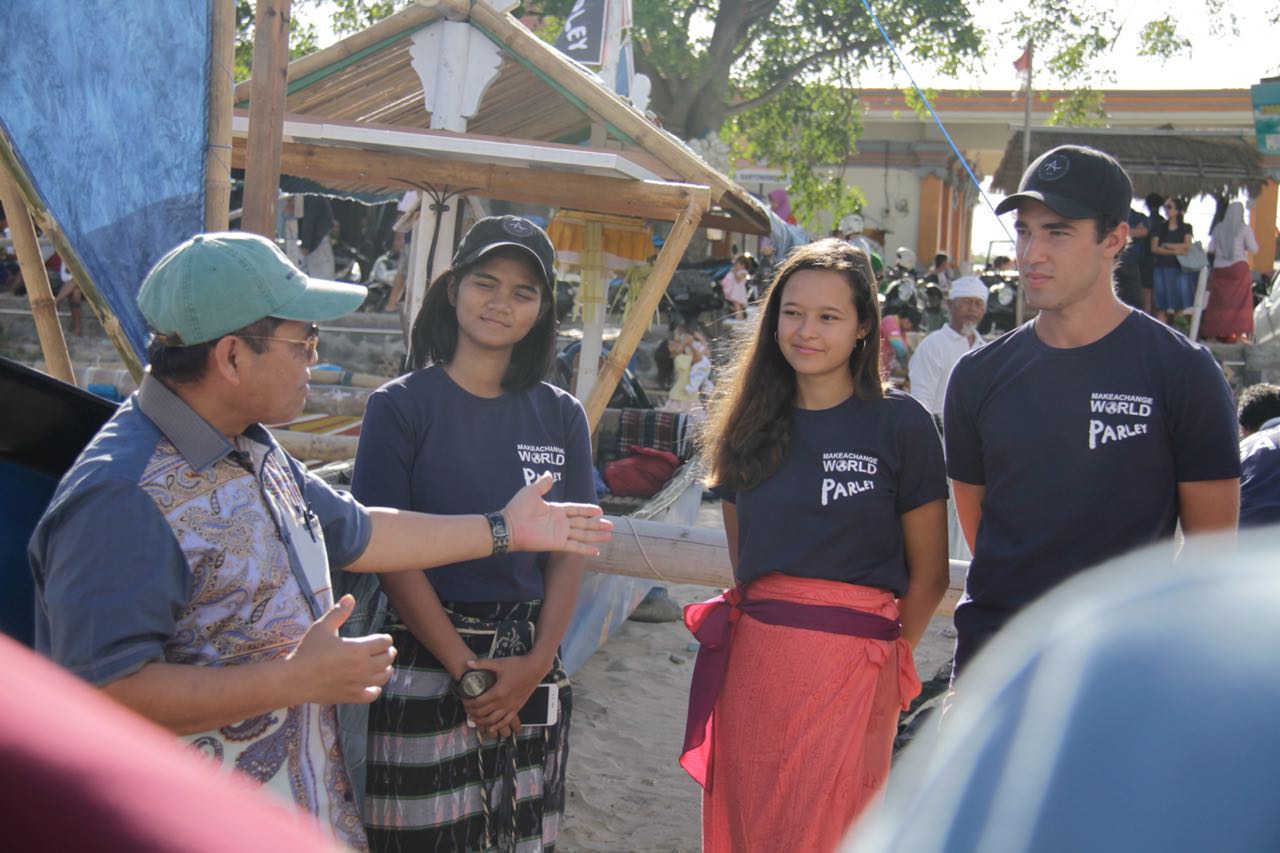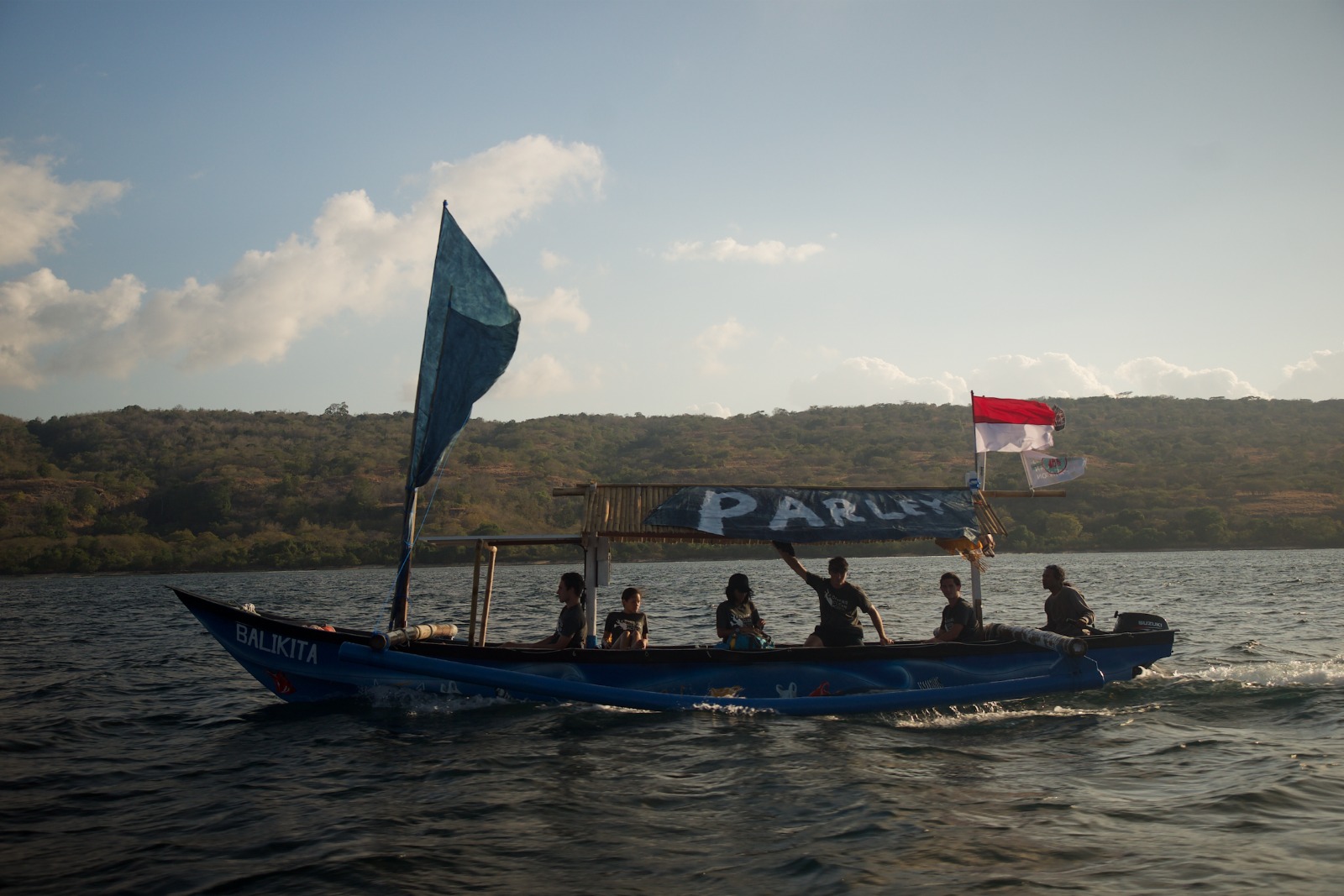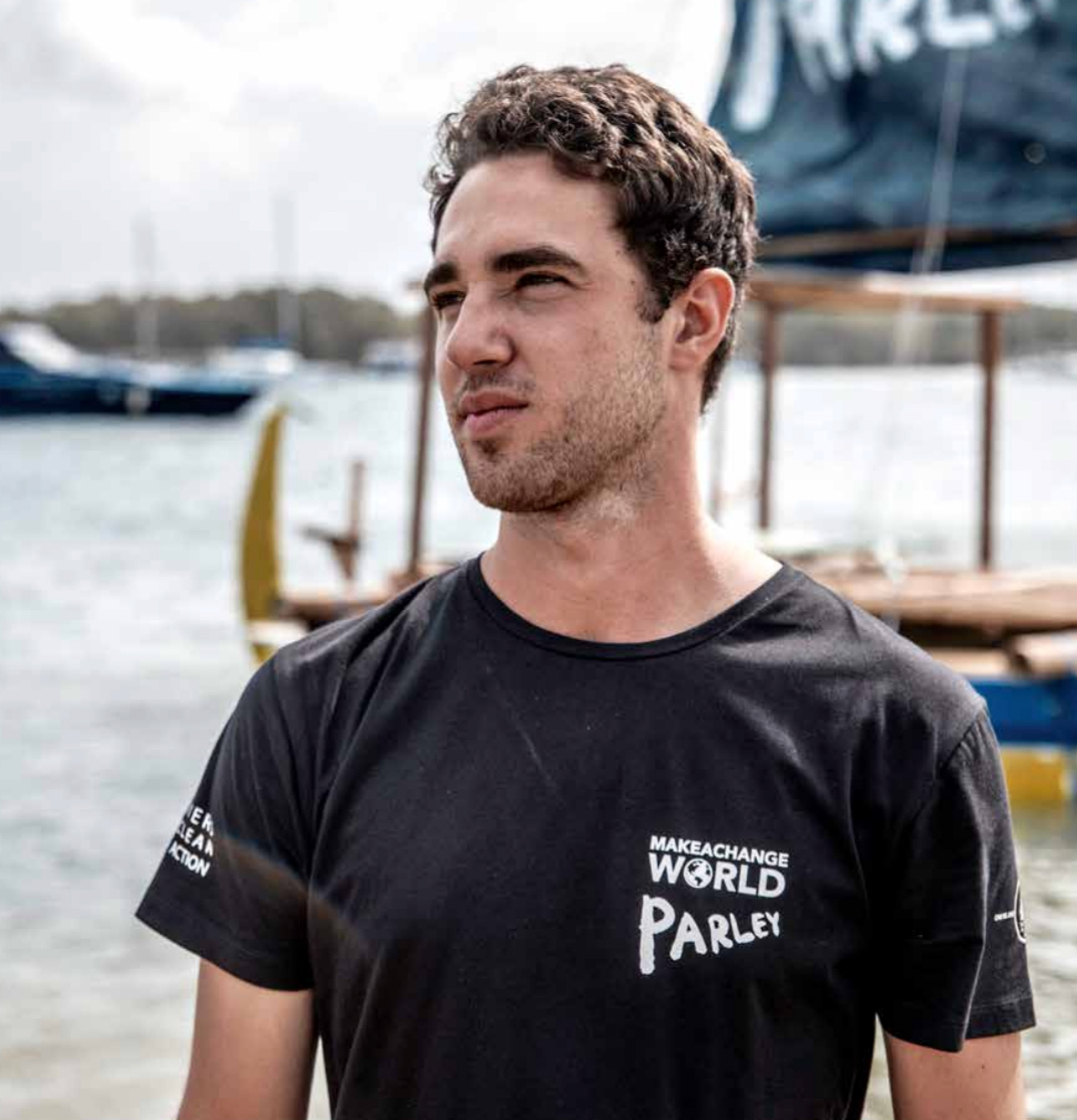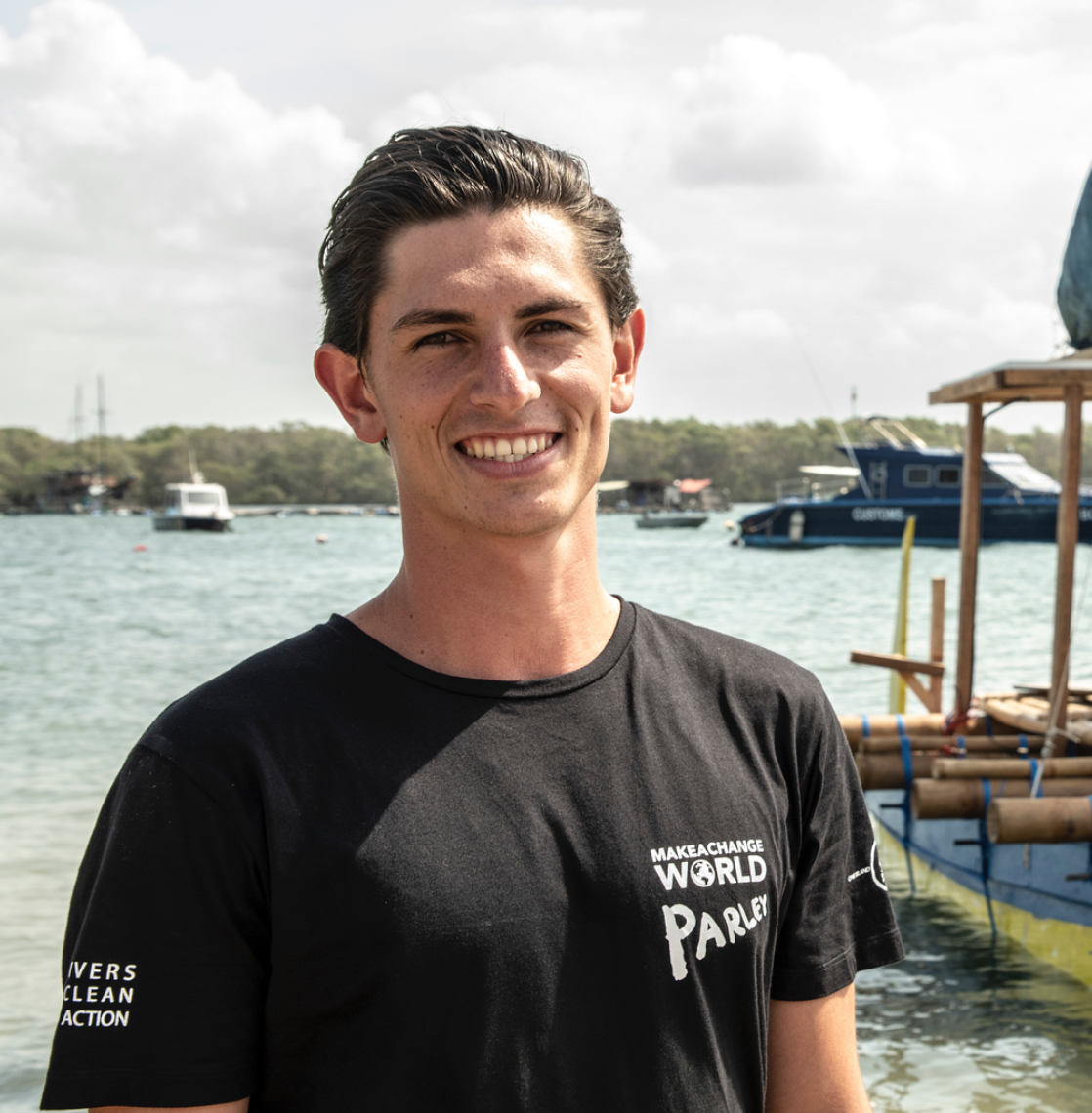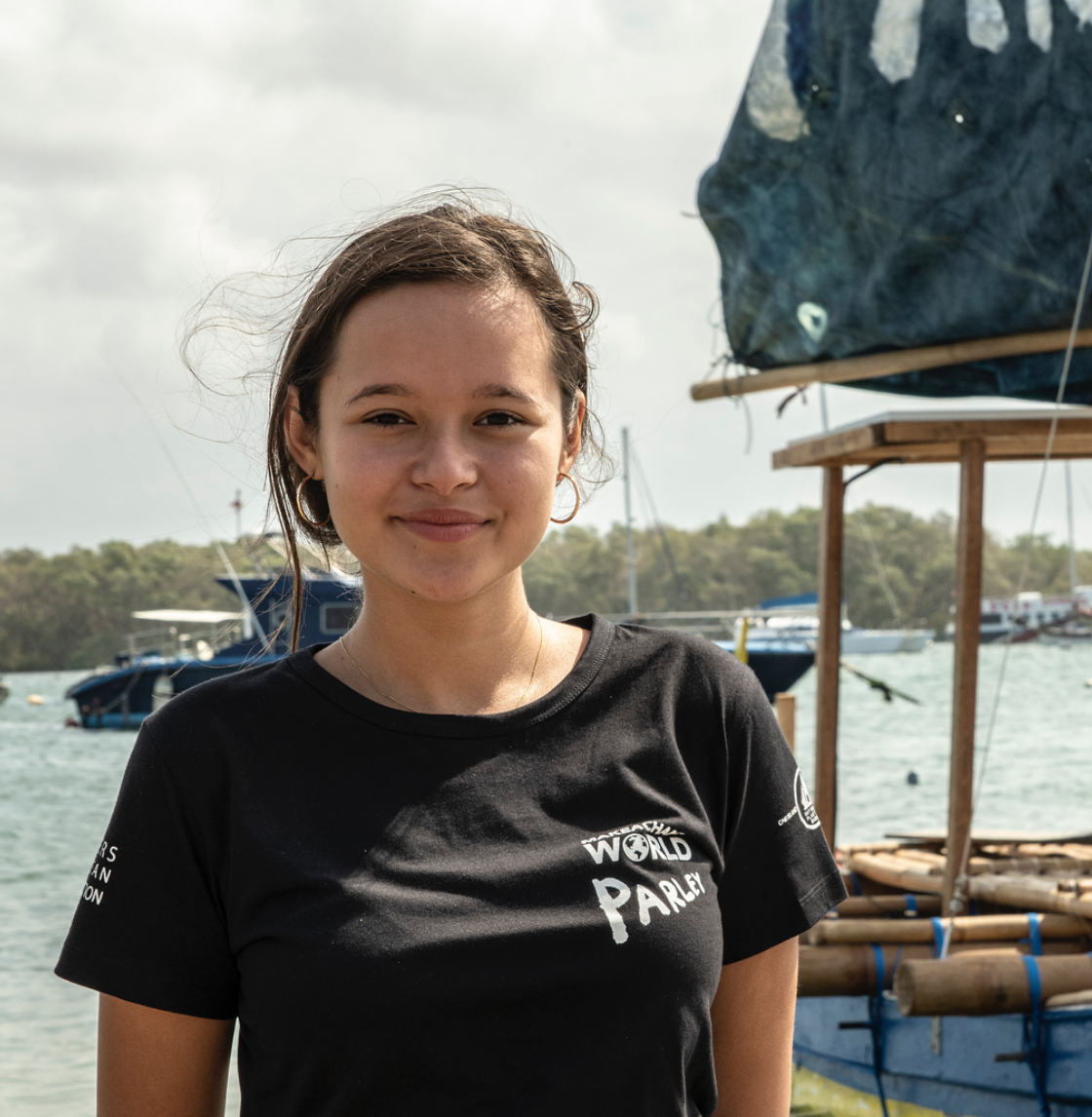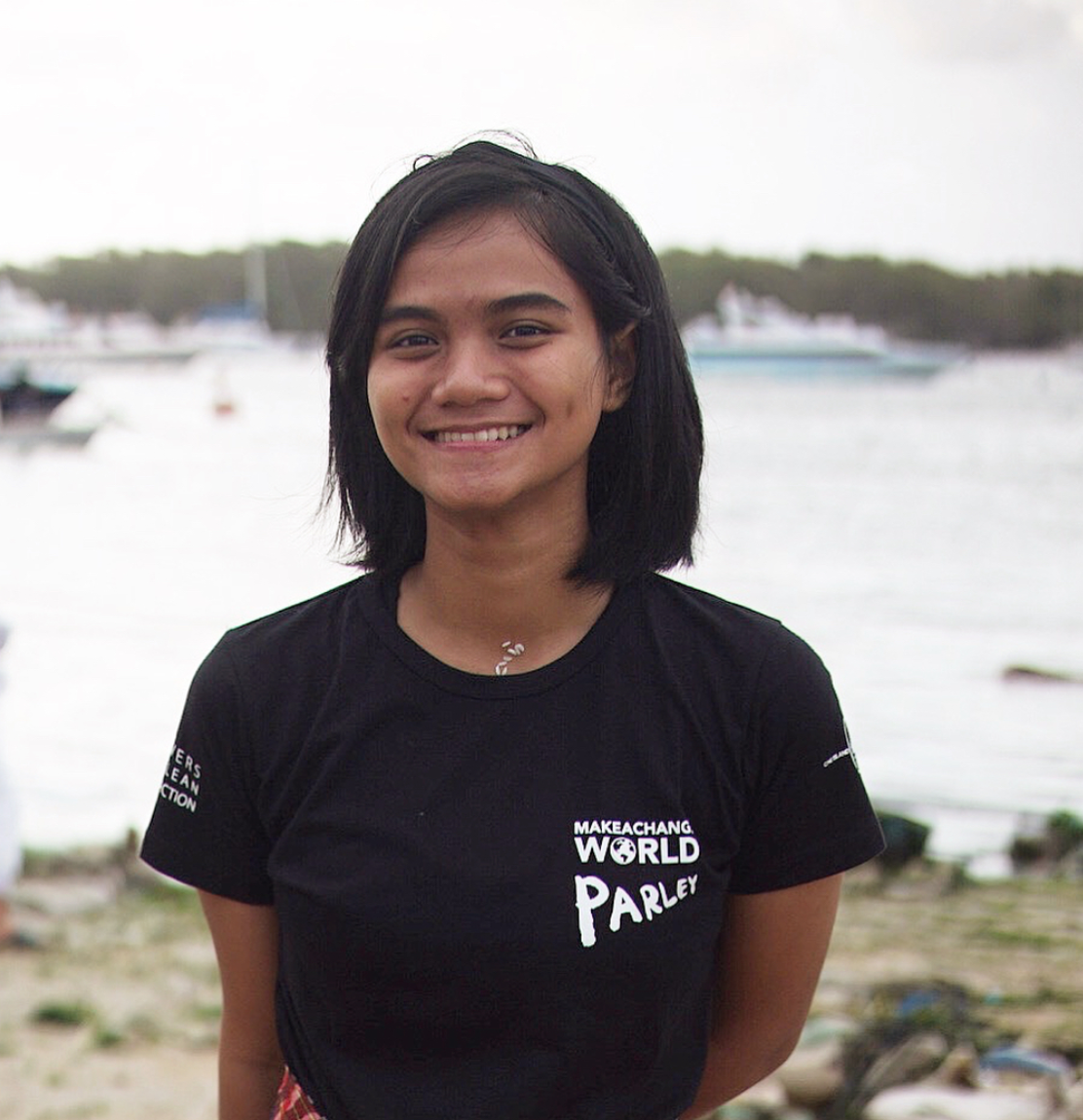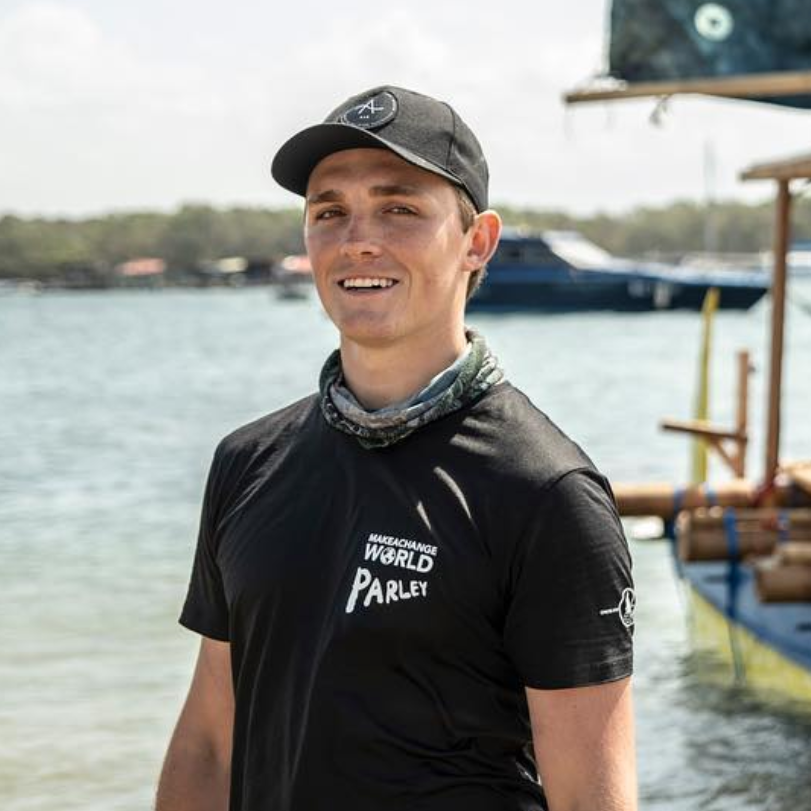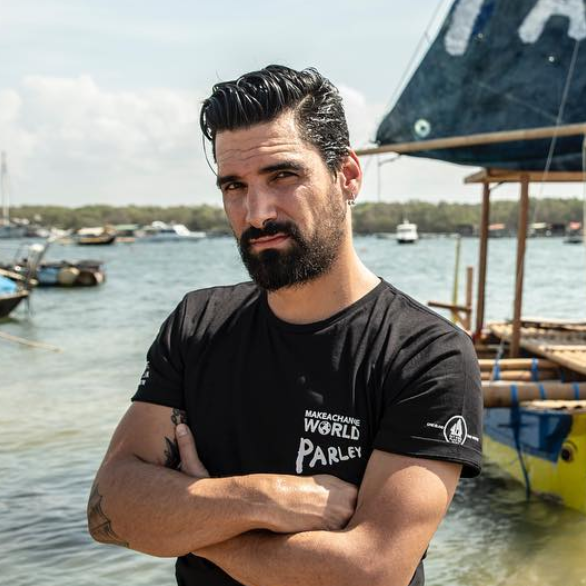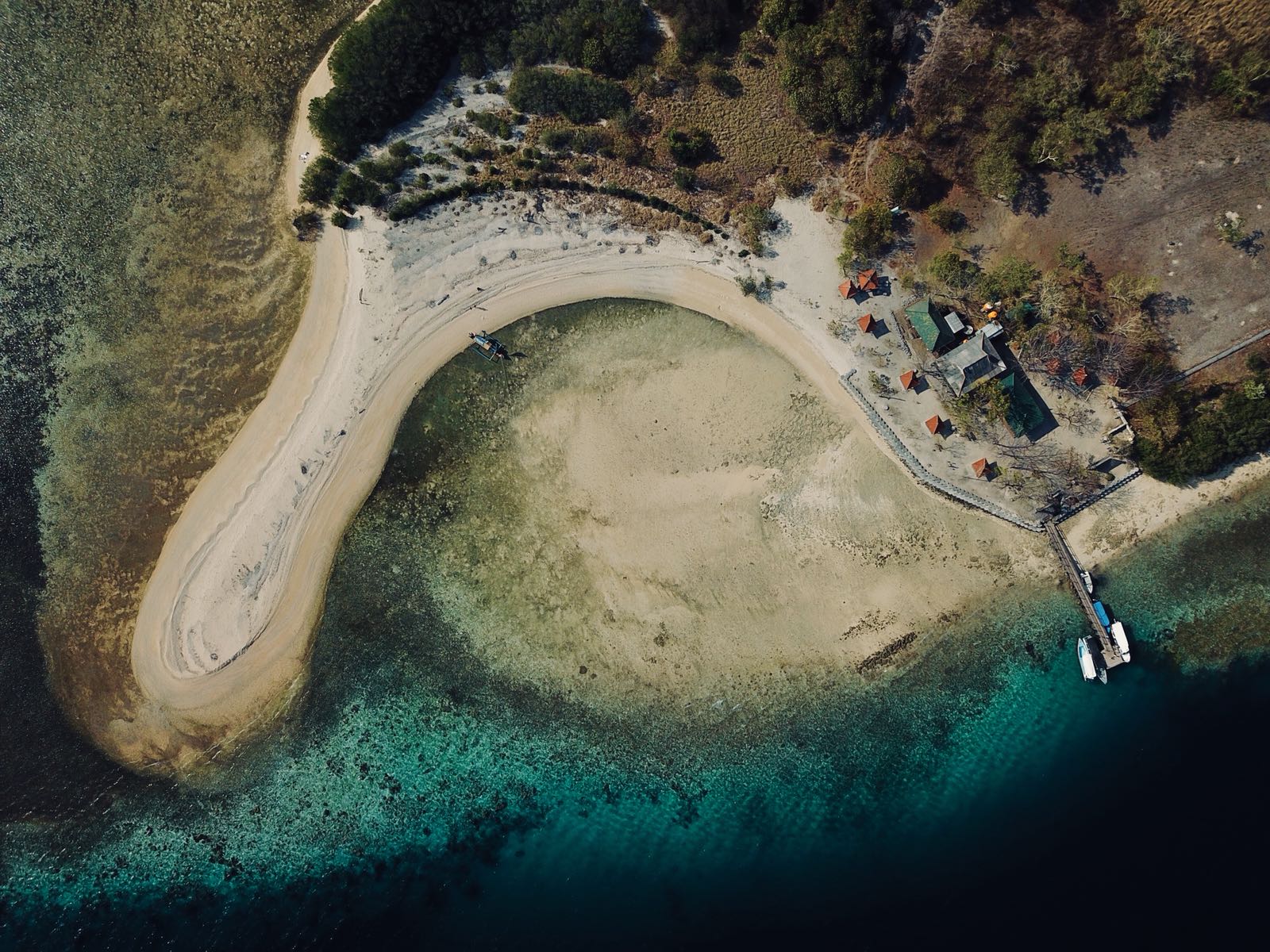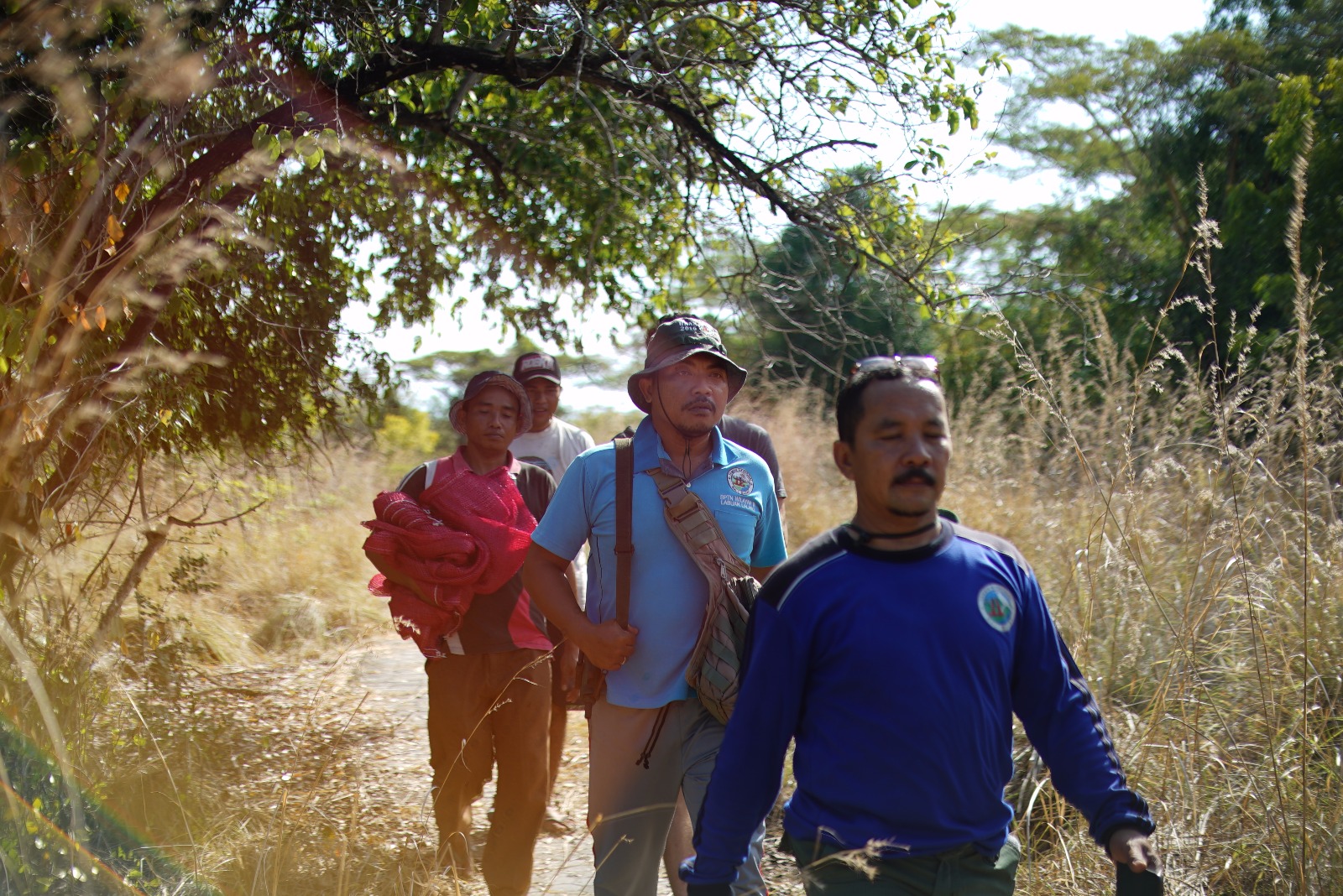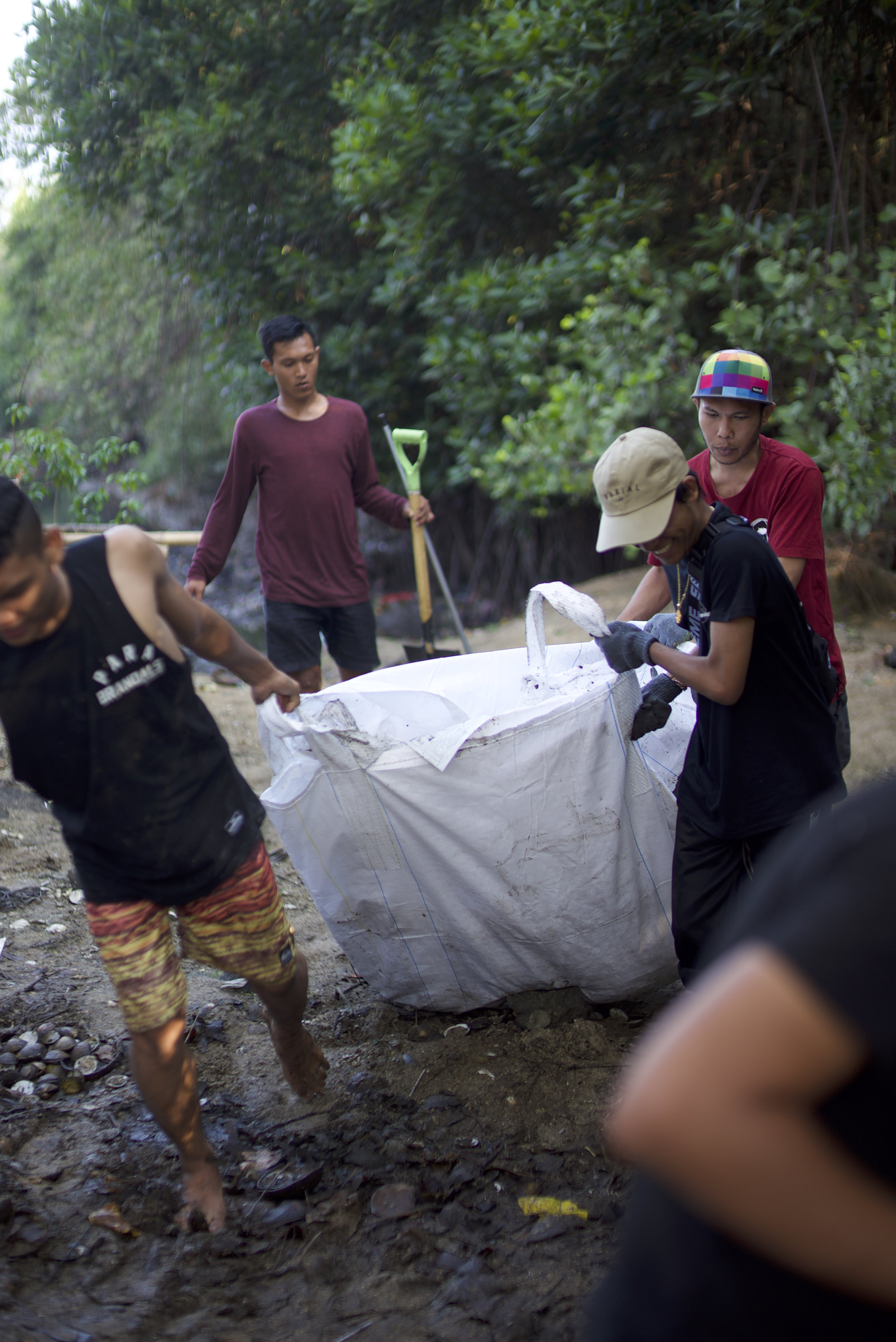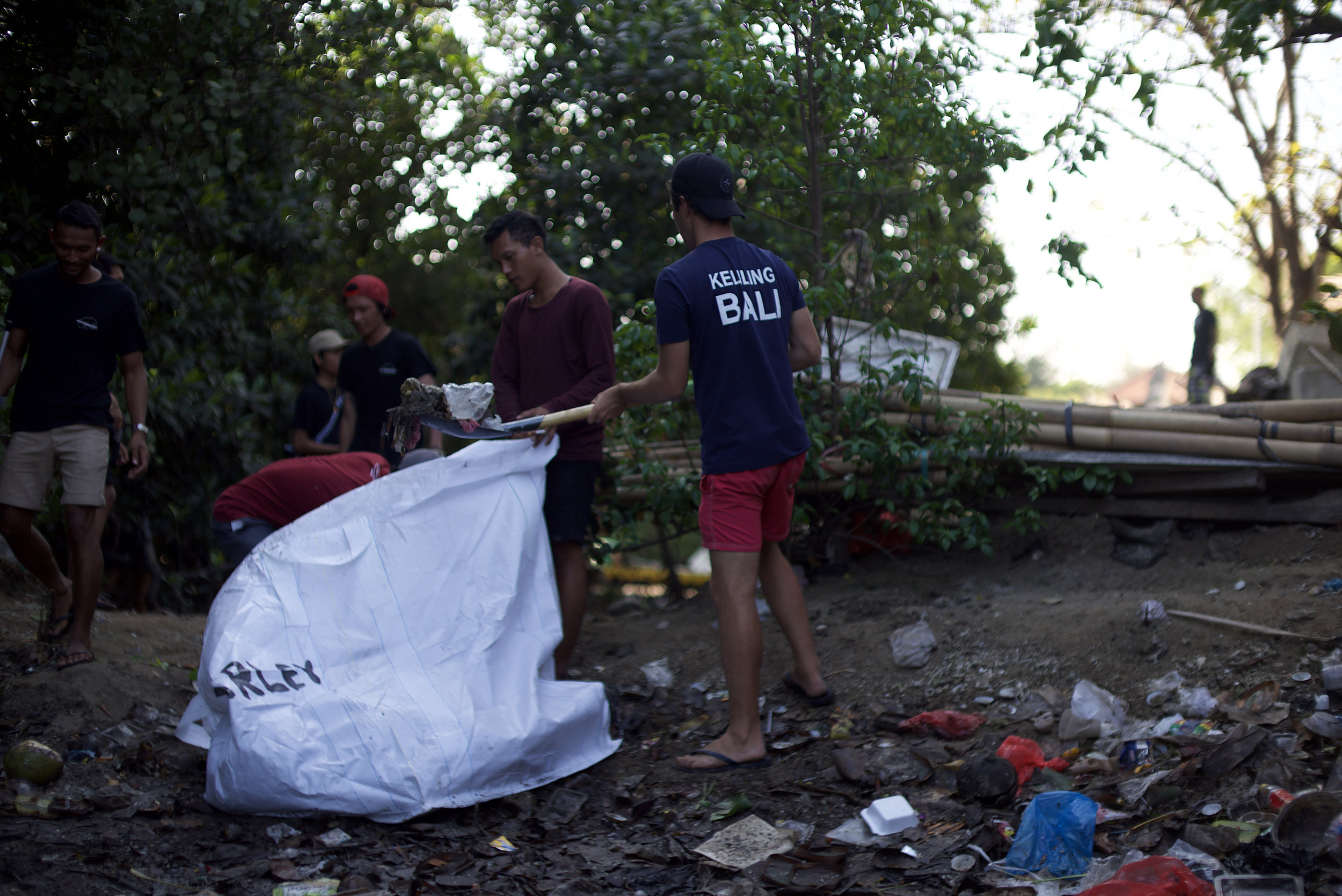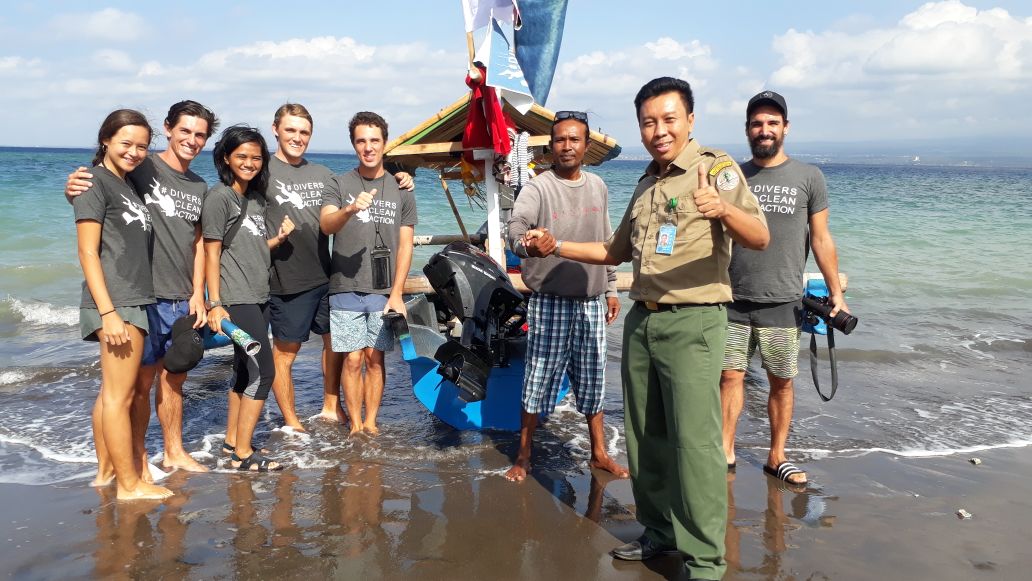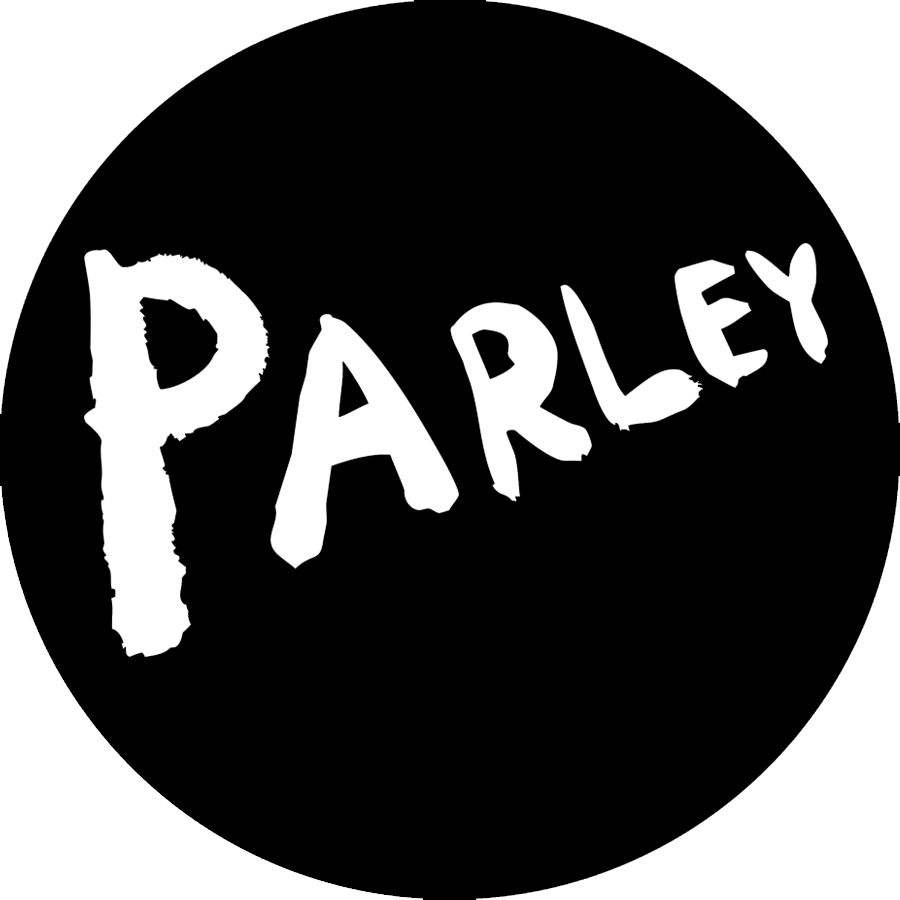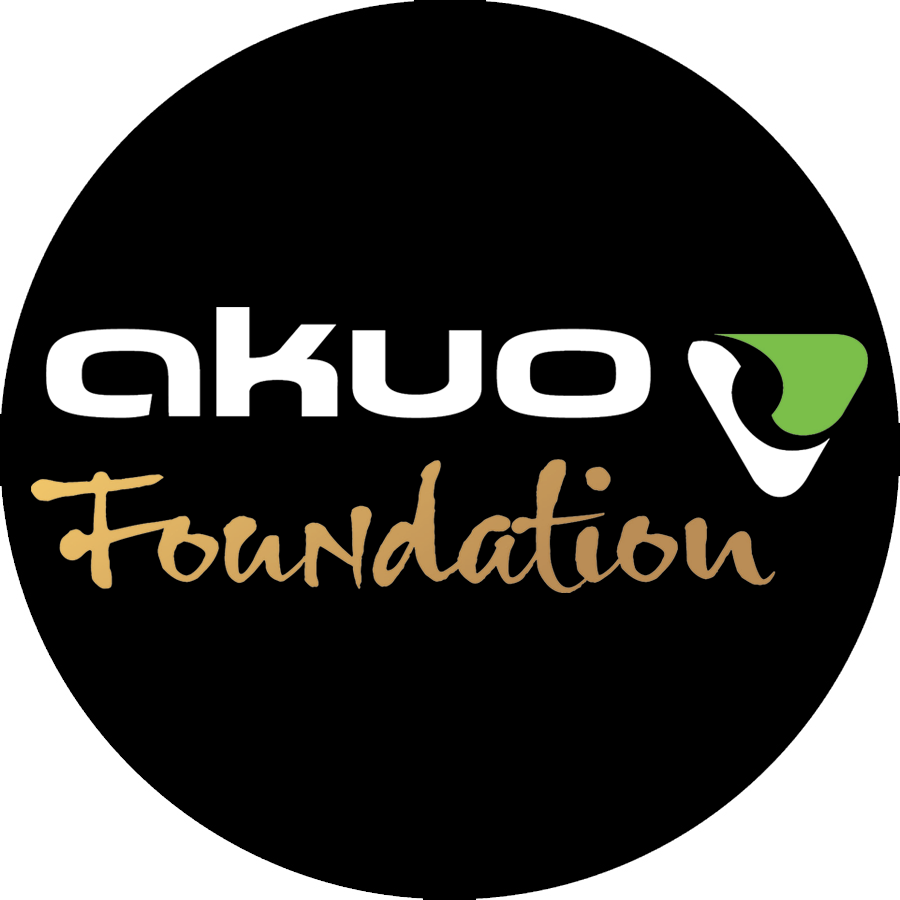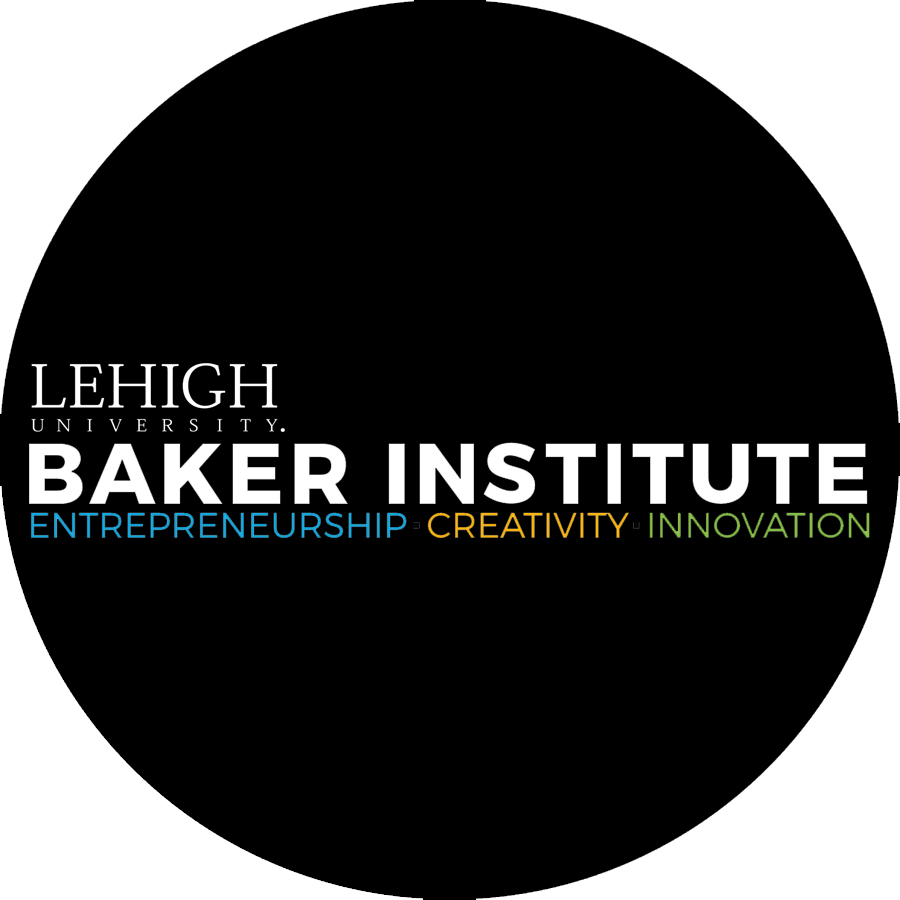KELILING BALI
In the summer of 2018, a group of activists circumnavigated Bali on a repurposed bamboo traditional fishing boat to bring awareness to marine plastic pollution and celebrate communities leading the clean up movement.
"Having grown up in Bali, we have seen the trash problem on our island worsen year to year. Bali has been on the front page of dozens of news outlets after the national government declared Bali under a state of trash emergency."
- Gary Bencheghib, Make A Change World
Why are we embarking on this journey?
Our goal for this expedition was to document the positive local solutions all around the island. As rising tides of plastic bury Bali's beaches, communities all around the island have come together to take action. With all these great initiatives already taking place, we wanted to highlight their work and seek to inspire others to make a change.
“Indonesia is the world’s largest archipelago with only ocean surrounding us. So we also have a big responsibility to protect it. Time is ticking, change has never been more important than right now.”
- Melati Wijsen, founder of One Island One Voice
The Team
We're very excited to be working with an awesome crew of young change-makers to launch this project.
The Journey
We started our journey in Kendonganan in Jimbaran beach, where we built our boat. We had the privilege of working with so many exciting initiatives all throughout the island from: The Bali Darlings in Melaya Beach, the Bali National Park, Friends of Menjangan, Biosphere Foundation in Menjangan island, SD 1 and SD 2 Sambirenteng in Tejakula to Apneista, Peduli Alam, Trash Hero Amed, P3E, EcoBali in Sanur and Serangan Bebas Plastik in Serangan island.
With so many great initiatives already happening in Bali, we want to highlight their important work and hope to inspire others to make a change. By traveling on this boat, our goal is to start an island-wide conversation around plastic pollution.” - Sam Bencheghib, Make A Change World
The Raft
We refurbished an old traditional 'Jukung' fishing boat using bamboo and used a repurposed sail that has been dyed naturally in Indigo by CV Tarum Bali Sejahtera.
We had the honor of working with Akuo Foundation, who have helped us install our solar panels and electrical wiring for all our electrical equipment on board.
We are very thankful for the countless volunteers that have helped us build our raft, especially Azura Marine Earth, who have provided us with local marine expertise.
The Construction Process
Having never built a sea-worthy boat before, we walked into our construction site eyes-closed without knowing the true capacities of what to expect. The construction of our boat was definitely an adventure within itself.
We had originally decided to repurpose two traditional fishing boats, 4,5 meters in length, and connected them with a bamboo platform to make it a Balinese-inspired catamaran. Unfortunately, the construction process began right in the middle of some Balinese and national holidays, which pushed our timeline goals back. Because of these holidays, we were forced to switch our construction site four times: from Kusamba to Seseh to Serangan to Jimbaran, which meant we had to work with four different teams and four different points of view for the design of our catamaran. However, we eventually managed to finish everything after a strenuous five weeks of construction.
We then baptized our boat and properly blessed it before setting off for our third and final boat test in Serangan. After fifteen minutes of smooth sailing just outside the bay, everything seemed perfect - we looked at each other in excitement after our hard month of work. Within minutes, however, as we came across our first few waves and the currents got stronger, half our boat was underwater and it was a disaster. We attempted to b-line to the nearest shore to assess the situation and realized that our hulls had not been fully sealed. Liters of water were filling up the hulls every few seconds. We took a few days to reflect and decided to completely change our expedition around.
Data is key if we want to see change happen
Until now very little microplastic sampling nor beach sampling have been done around Bali. Data provides a scientific testament to quantify exactly how much plastic is actually out there. Hence a big focus of this expedition was to engage with local communities around the island to record both microplastic tests and teach them citizen science to properly monitor their beaches.
On the stretch from Negara to Melaya, we met with the Bali Darling foundation to do just that. We conducted a beach sampling, where we carefully picked up and sorted out all the trash in 3 samples of 50 meters squared.
There is no "Away"
On the most northwestern point of Bali, we stopped in Menjangan Island, also known as deer island. Menjangan is one of Bali's most popular dive sites and although only rangers live on the island, we were shocked by the amount of trash that washes up in its mangroves.
The rangers on the ground have busy schedules monitoring the island, including cleaning it up as frequently as everyday. During our clean up sampling, we measured a depth of 6 to 13 centimeters of trash sitting on the mangrove bed. The park officials and rangers confirmed that this trash could be coming from all around Indonesia. It is in remote islands like in Menjangan, where you realize that there is no "away" for plastic pollution. Where are the places that will remain untouched?
Change starts in every classroom
As youth, we are huge believers in the power of education to make change happen. During our expedition we were lucky to sit down with over 350 local students, including a session in Tejakula with 200 students aged 6-12 years old, where we showed them water samples to differentiate natural algae and broken down plastic. They were fascinated to see that visibly, there is almost no difference. We were amazed by their eagerness to learn and their enthusiasm to stop using plastic.
This younger generation is living with plastic pollution and experiencing it first hand. Whether it may be on their beach or surrounding rivers, it's everywhere they go. We are inspired to be using our boat and this expedition as an education platform to engage with the youth of Bali.
“Nature is a plastic bag in your face”
As we passed Amed, the diving capital of Bali, we stopped at a free diving school called Apneista. There, we learnt about the sport from world record free diver Alexey Molchanov, who most recently implanted a new world record of apnea in the constant weight mode when descending with his monofin up to 130-meters deep. For the team, it was the first time we experienced the sport of free diving. There is truly no better way of connecting with the ocean, than by free falling into our most undiscovered biosphere, our ocean. Although this form of meditation can seem quite extreme, it is beautiful. But can become a tragedy when plastic gets on the way.
As Apneista founder, Matthew Smith, describes in our video as a free diver “you’re trying to connect with nature...and then nature is a plastic bag in your face”. So in trying to understand the problem closer, we connected with some local organizations including at Blue Earth Village, Little Fish, Peduli Alam and Trash Hero Amed to hear about the plans to make Amed a green community.
THIS EXPEDITION WAS MADE POSSIBLE WITH THE GENEROUS SUPPORT OF


